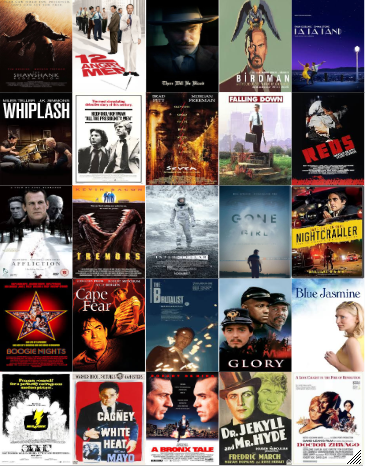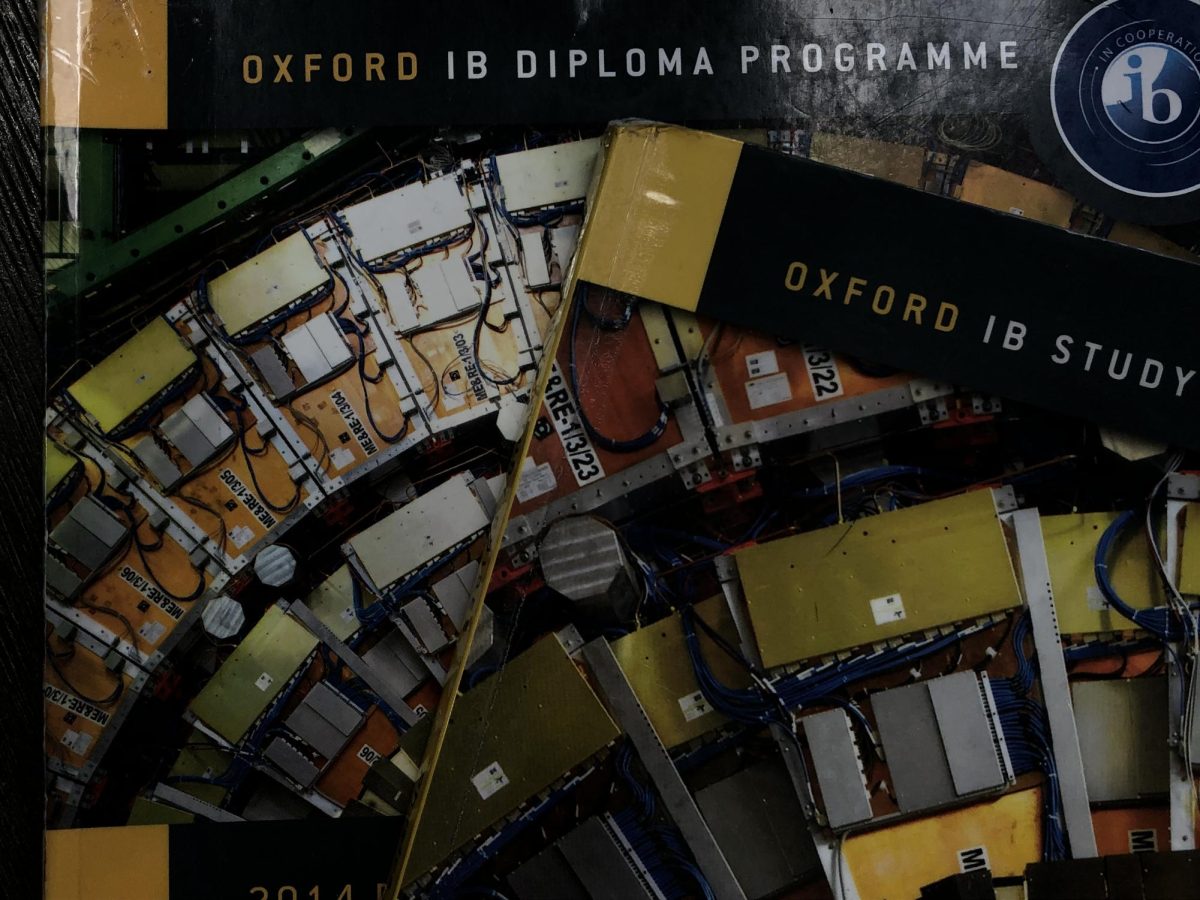The end of the year is close at hand and students are dreaming of their plans for summer vacation. Still, there is one last hurdle that many students must overcome before they dive into the summer: IB exams.
IB exams may seem daunting at first. They take place over multiple days, are made to be difficult, and cover a lot of material. However, taking an IB exam is not without its benefits. “Because we do not have school-wide midterms or finals like some high schools and most colleges do, you don’t often get the experience of having to synthesize a whole semester’s worth of material,” explained Ms. Harrington, a teacher of IB-HL Calculus Applications 1 here at West Morris Central. “Preparing for an IB exam gets you to go back and review material from the entire course and perhaps make new connections between topics.”
But how does one prepare for an IB exam? To answer that question, I interviewed Ms. Johnson, the current IBDP coordinator and former IBDP candidate, Ms. Harrington, and Shaeleigh Fleidner-Book, a graduate of the WMC IBCP Class of 2023. Here’s what they recommended:
Creating a productive study plan is integral to a successful exam season. When creating a study plan, students should consider which subjects they struggle the most with. “Personally, I absolutely needed to study for Maths and Chemistry more than I needed to study for English, Spanish, and History, so I put aside a greater amount of time to review those notes and study with my classmates in those subject areas,” explained Ms. Johnson. “Working smarter is all about being reflective on the areas that you need to focus on and study.” Additionally, remember that studying doesn’t have to be a dreadful experience.
“Make it fun!!” suggested Fleidner-Book. “I like to make matching games and lots of acronyms when I study. When you enjoy the material you’re learning, you’re more likely to remember it.”
Taking previous IB exams as practice is important to gaining experience that can help you do well on the exam. According to Ms. Johnson, taking practice exams “gets you accustomed to the format and what is expected during those exam sessions.”
Ms. Harrington also elaborated on the benefits of this practice, explaining that it can “help you gauge your pacing and test-taking strategies, like deciding what to prioritize and what to go back to if time permits.”
It’s important to remain as calm as possible during exam season. Ms. Johnson wishes that she had known the value of coping mechanisms while preparing for her IB exams. “In college I learned better breathing and grounding exercises that I wish I had then,” she reflected.
“As stressful as exams are, don’t panic,” Fleidner-Book advised. “Taking deep breaths throughout the exam will help you focus and absorb what the questions are asking you.” She emphasized the importance of remembering that “exam scores don’t define intelligence or success.”
No matter how you perform on your exams this year, be sure to be proud of your effort. “For many courses, you are synthesizing two years of content on an exam… I know this is cheesy, but that’s really something to celebrate when you reflect and see how much you have learned,” reflected Ms. Harrington. “Good luck to all the examinees!”
Categories:
How to Beat IB Exams
IB Physics is one of the many IB exams WMC students may be preparing for.
0
More to Discover
About the Contributor

Dakotah Hubbard, Editor-in-Chief
Dakotah is a senior and a Journalism II student this year. She is very excited to be returning to The Paw for her first year as an Editor-in-Chief. Outside of writing, Dakotah competes for the WMC archery club, is a member of many other clubs, and is a second violinist in both the WMR symphony and WMC orchestra. Her favorite subject is English, but she loves learning more about any subject. Outside of school, she enjoys reading across a variety of genres, especially classics.































